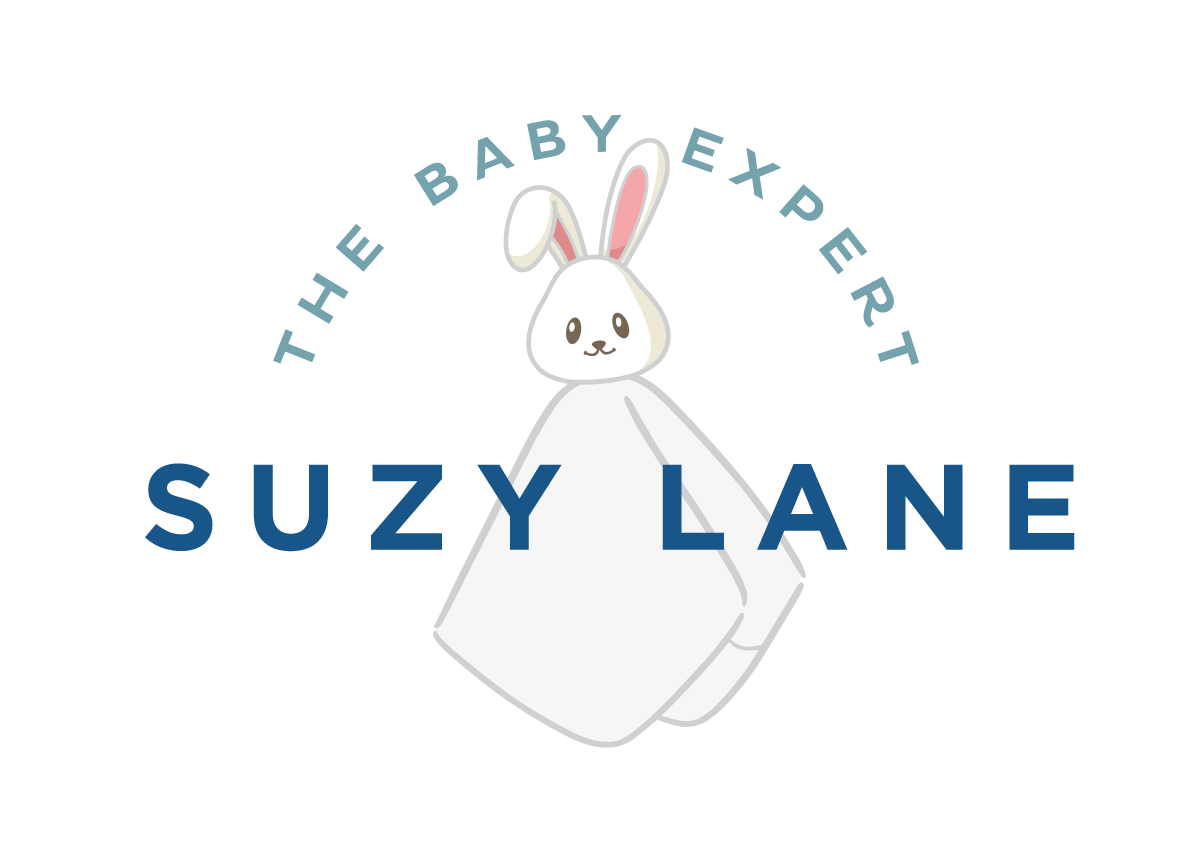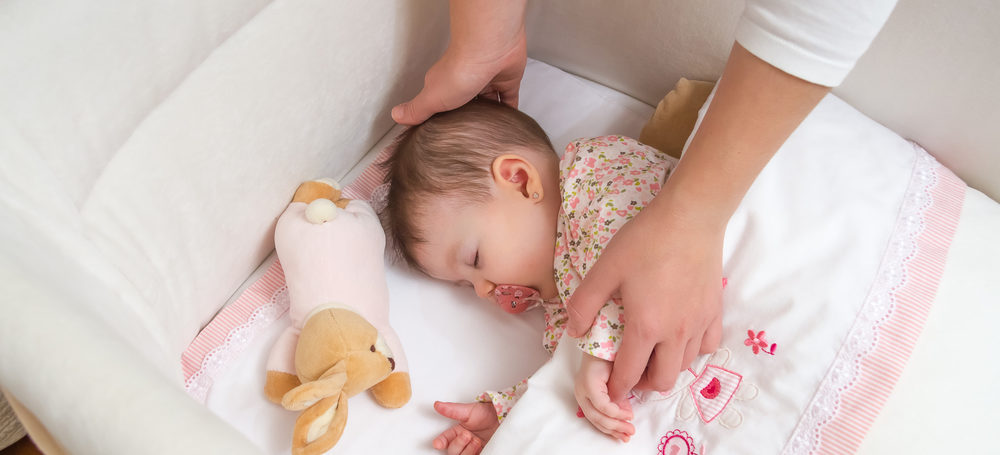Sleep training? How much crying is involved?
… I have been honoured over the last 30+ years to offer guidance and support to families who have struggled with their infant’s sleep. I have frequently experienced parents utter fear, imagining that their most precious little person might literally cry their eyes out so hard that they think it will do some sort of physical or mental damage or somehow breaking the bond they have with their little one. Real evidence-based studies have shown this to be simply untrue. In fact, random articles are often referred to as ‘studies’, are re-quoted by anxious parents on forums. But, if you research them a lot further, these so-called ‘studies’ turn out to be without any scientific evidence and they stem from misquoted articles written by people who originally were simply giving their own opinions. Among my clients are parents who happen to be child psychologists. Prior to contacting me, they researched thoroughly to make sure before going down the sleep training path, that there were no issues with infant/parent attachment post sleep training. In fact, they are now happy and sleep-filled families who often recommend it to other exhausted parents.
On another note, in all my years of offering support to parents and advising how to improve their infant’s sleep, I have actually never experienced babies literally ‘cry their eyes out’, non-stop, for hours and hours on end. I certainly couldn’t be a Sleep Consultant if this was the only way to get a baby or child to learn this new skill. It would truly break my heart and soul so I can’t imagine how awful that would be for any parent. When you take a fully holistic approach it just doesn’t happen like that. Crying is a way of relieving stress, upset, anger and tears contain the stress hormone, cortisol. Shouldn’t we then allow an infant to express his emotions instead of trying to stop him as quickly as possible? Would it not be best to accompany him, reassure him but allow him to cry until he feels better because there is less stress? Food for thought!
There is a big misconception about sleep training because parents mistakenly assume that it’s all about this constant crying whilst being purely sleep-focused. However, while a very small percentage of parents are okay with non-stop crying, the vast majority aren’t and that is completely understandable. Most of the parents with whom I work do accept that there will be some fussiness during sleep coaching, even the gentlest of methods produces a bit of frustrated protest, but they want to minimize ‘upset’ and offer their babies different measures of soothing during the sleep teaching process. That’s absolutely fine! I certainly won’t stop you from soothing your baby. Once we have refined the plan together, what I will do is advise that you are consistent in how you soothe your baby. This avoids confusing your little one who is trying to learn and the best way to learn is to have consistency. Think about it like this: you wanted to learn a new skill, let’s say speaking Japanese and one day I speak to you in Japanese. However the next day I saw you didn’t understand quickly enough for my liking and so I add in some French and then mixed it all up. Then I tried a bit of Spanish for good measure to see if you would understand better. Your frustration and confusion would get worse whilst struggling to understand… The same applies to your baby or child who is learning a new sleep skill for the future. He is trying to learn how sleep works. He needs to learn about his own state of tiredness, how to settle to sleep and how to settle back to sleep. Only then can he learn to make a smooth and independent transition from one sleep cycle to the next without having to fully wake up and shout for your help. So you can see that it’s important to decide what level of soothing is reasonable for you and your baby and then stick to it. Consistency, among other factors, is the key to a successful sleep journey and ultimately the best possible outcome.
Preparation is one of the key factors for minimizing stress and creating a successful sleep plan. So if you do decide that sleep training is the best way forward for you and your infant, a really effective sleep plan requires overall preparation to get the right results. Parents often tell me that, in pure desperation, they have left their baby to ‘cry it out’ just to get some sleep and to ‘see if it works’ but it failed because they found it unsustainable and there was no forward planning. Preparation includes quite a surprisingly long list of outside factors. Here are a few of them: dietary requirements, mindsets, sleep environment, regulating to an age-appropriate body clock and, above all, getting it all in the right order then taking it just one step at a time. So, when I work with a family I make it clear that I will create a sleep plan in at least two stages, sometimes more, regardless of which evidence-based sleep training method the parents have chosen. By starting off with some pre-sleep training ‘projects’ it is possible to create first solid habits. When the time comes to start the main sleep training, your little one is already familiar with the first stage and this makes it emotionally less stressful for him. In fact, dare I say it? For a small number of families I have worked with, these first stage projects were enough to solve the issue and they didn’t need to take it any further. However, most have needed to go on to the next stage and that’s ok, I have always been there, either in person or online, to guide them and offer positive support.
Checking back with the parent 6 weeks after the sleep consultation. During the call, one of the questions I always ask parents is “looking back, how hard was it for you to hear the crying”? The extraordinary thing is that more often than not they report that it was a lot more about preparing themselves in anticipation of the crying and a lot less about the amount of actual crying that they really experienced. Some even were surprised that the crying was less than they had experienced in any 24 hour period before they had contacted me for the sleep plan. It certainly was not nearly as heart-wrenching as they had imagined. Could this be, in part, because by this time the parents have started to get some proper sleep and consequently their emotional state has improved? Perhaps then they could rationalize more easily?
3+ month post-consultation feedback: Often I receive texts and emails from mums (and dads) further down the line saying that:
- their baby or child has genuinely learned to love their bed.
- their little one had become more interested in playing on his own for longer periods of time which allowed parents to spend quality time with siblings too.
- full wakings are rare and if they do happen, they feel much more confident in dealing with them but for the main part, if their little one has woken, it was for a quick play with a favourite comforter, a little chatter, and back to sleep.
- Their infant is less ‘hyper’ or, on the other hand, less subdued, and more willing to give and receive those delicious cuddles.
- They wish they had done it earlier and thus avoided a considerable amount of stress to the whole family
So, if after reading this you are still on the fence, then take a little more time, see if things improve and if they don’t, just give me a call. Just remember, the choice will always be yours, not mine. I will tailor a sleep plan to accommodate your values and I will give you the emotional support you may need.




